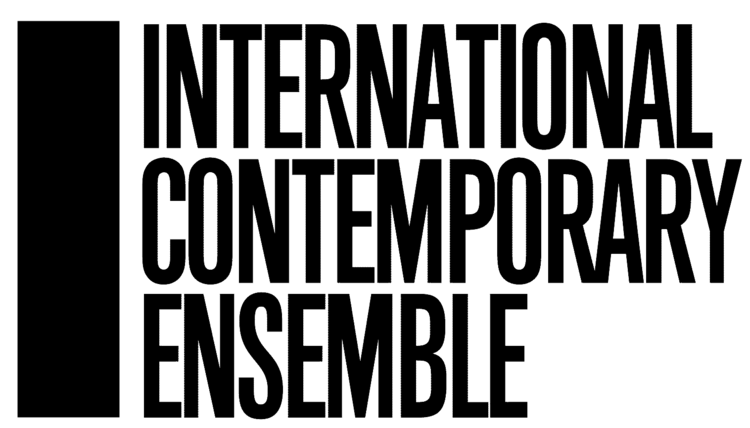Impressions from Row G - ICE in Oberlin, Part 1: “if you wake up you will be free”
by Arlene and Larry Dunn (@ICEfansArleneLD)
Our digitICE enterprise sprang from Oberlin Conservatory’s inaugural Rubin Institute for Music Criticism. An invigorating and exhausting week reached its climax when the International Contemporary Ensemble, the Obie-laden new music juggernaut, blew into town on an appropriately ICEy evening. They played a stirring program of works by Oberlin composer-in-residence David Lang, Greek architect/composer Iannis Xenakis, and American jazz and electronica pioneer George E. Lewis. In Part 1 of our report, we focus on the music of David Lang.
ICE’s performance of works by Oberlin prof and Bang on Can co-founder David Lang had extra buzz with his presence in the audience and a world premiere offering. Guest conductor and percussion soloist Steve Schick began with a muscular performance of Lang’s innovative Anvil Chorus, composed in 1991 at Steve’s behest. Working with an array of resonant and non-resonant junkyard instruments of his own choosing, Steve started with the insistent 8-beat melody pulse hammered on a set of brake drums, invoking the rhythmic flow of blacksmith and railroad spike-driver work songs. After establishing the pulse, complexity increased with strikes on a metal rod and aggressive stomping on four kick-pedal bass drums, one mounted with a cymbal on its face, another with a garbage can lid. Once all the elements were in the mix, a quiet passage ensued . . . break time . . . and then suddenly the fury returned, driving to full mayhem and a sudden conclusion as Steve’s instruments started to shake loose from their substantial moorings. As Steve told us afterwards, it is good thing Anvil Chorus doesn’t last any longer, because he and his batterie of junk are right at their breaking point by the end.
The centerpiece of the evening was the world premiere of Lang’s my international, commissioned by Oberlin Conservatory especially for the occasion. His inspiration was The Inernationale, the Communist Party anthem originating from the Paris Commune uprising and defeat in 1871. David reworked the lyrics to represent the elements of the original that parallel his own aspirations. The piece began with some players carrying the melody in their instruments, some chant-singing the lyrics (all droning in the same middle register), and some doing both! The chanting and playing roles moved in waves through the ensemble, unfolding as an atmospheric anthem. It was like a dream . . . you chance upon an ensemble playing and chanting a faintly familiar tune . . . you look closely at each player and realize . . . they are all you!
Afterwards, David told us that indeed when he wrote the piece, he was essentially addressing himself. Thus, the “my” in the title. He reinforced that sense in the music by setting the singing lines all in his own register, rather than adapt for the individual voices. As we considered my international in retrospect, we imagined the audience joining in the chanting towards the end, for an even more moving effect . . . “If you wake up, you will be free.”
Stay tuned for more of our Oberlin adventure in music.
Arlene (acornarlene [at] gmail [dot] com) and Larry (acornled [at] gmail [dot] com)
Listening Tip:
• Steve Schick plays David Lang’s Anvil Chorus on the Bang on a Can CD “Live 2” from Composer Recordings.

